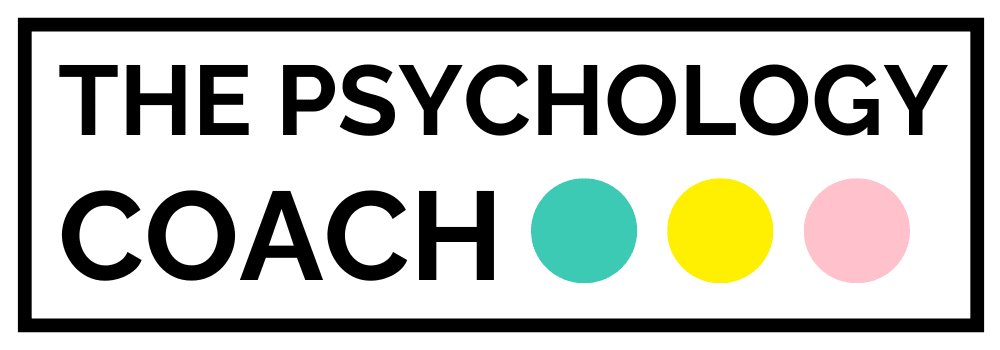Some of us carry a lot of shame without recognising it for what it is. At least, a good number of us seem to suffer from its consequences but fail to identify the experience of what we are feeling as shame.
Shame results from a negative perception of how we or others evaluate ourselves. It can be confused with self-esteem and guilt, which, although related, are not the same as shame.
What is Shame?

Shame is a negative self-evaluative emotion, and it is often related to negative beliefs about oneself coupled with experiences of social rejection, criticism or ridicule. It can be strongly triggered when one person or a group makes negative remarks about our:
- opinions
- personal habits
- personal skills or talents
- personality or essence
- behaviour or decisions
- physical appearance
When strong and unmanaged, shame can hurt our self-esteem and prevent us from leading a meaningful life. If constant, it can crystallise and become a personal trait.
When shame becomes a constant in our lives, we regularly deal with feelings of inferiority, despair, helplessness and the need to hide what we perceive to be flaws, weaknesses or imperfections. It is a ruthless inner battle and struggle.
Chronic Shame

Living with shame daily feels like being on an emotional roller-coaster 24/7. We are hyper-focused and very sensitive to any signs of judgment. In one moment, we may feel good; in the next, we might feel anguish and paralyzed. Sometimes, we are aware of the transition, but it is not uncommon to be oblivious to such change.
The impact of shame on our nervous system and psychology is undeniable, though. Shame makes us feel hyper-conscious in a negative way. We feel small, and not dignified, which leads us to a sense of disconnection from ourselves and others.
Chronic shame is difficult to identify because it is not associated with a particular event or memory. Instead, it is a pervasive experience that conditions and prevents us from living up to our full potential.
We can learn some strategies to reduce the negative impact of shame on psychology and well-being. Here are three psychological strategies that can help us manage and overcome shame in an empowering and empathetic way.
Cognitive Reframing

Reframing can be the solution to create headspace and make sure we can turn a negative situation into a more positive and healthier one, not just for ourselves but for others involved or affected.
Cognitive Reframing invites us to challenge and reframe a situation or person by looking at it from a different angle and with enough psychological distance. Here, practising detachment and mindfulness is essential because shame can evoke overwhelming emotions that, in turn, may lead us to poor coping strategies (e.g. self-isolation).
When we reframe, we can change our mindset and the meaning we attribute to an event. For instance, when we are in a situation where someone is shaming us, we can either take their words to heart and feel worse about ourselves, or we can reframe and see it as an opportunity to engage in more empowering behaviours (e.g. assertive communication).
Assertive Communication

Shame can make us retreat into a tiny bubble of existence. Instead of challenging what is being said or happening, we tend to go back to our corner and internalise other people’s words and opinions as truth. Although feedback is needed, we can’t passively accept what people say about us.
This is where assertive communication becomes an essential tool. We can ask clarifying questions to understand what was said and express how it made us think and feel.
At times, assertive communication helps us identify and demystify incongruences and misinterpretations that, if left unchecked, can lead to conflict escalation. However, if we address the issue from an assertive point of view, we can build stronger bonds and relationships.
Shielding

When induced shame is intentional, we often discover we are witnessing the other person’s insecurities, fears and frustrations. In other words, it has nothing to do with us. We are a vessel into which the other person is projecting their shadow.
In these situations, you can imagine a shield between you and the other person. Whatever they throw at you, it doesn’t stick because there is a barrier. The content slides down the imaginary shield.
Shielding is a form of boundary-setting that can protect us from absorbing harsh and inconsiderate comments from others. It helps us feel centred and mindful. It is a mental exercise to filter what is communicated and with which intention.
Conclusion
Shame is likely one of the most difficult psychological experiences to overcome because it is strong and negative. It can limit us on several levels, making us avoid any perceived risk of future shaming behaviour.
It takes commitment to break the chains that shame creates. Besides focusing on building a natural and healthy sense of self-worth, there are some psychological strategies we can put in place. In this article, I shared three: cognitive reframing, assertive communication, and shielding.
The more we put these strategies into practice, the more skilled we become when dealing with and managing shame. It might take us some time to live shame-free but the more we apply them, the faster we will become at challenging unhelpful experiences of shame and removing unnecessary blocks that only prevent us from leading our best life.




Comments ()